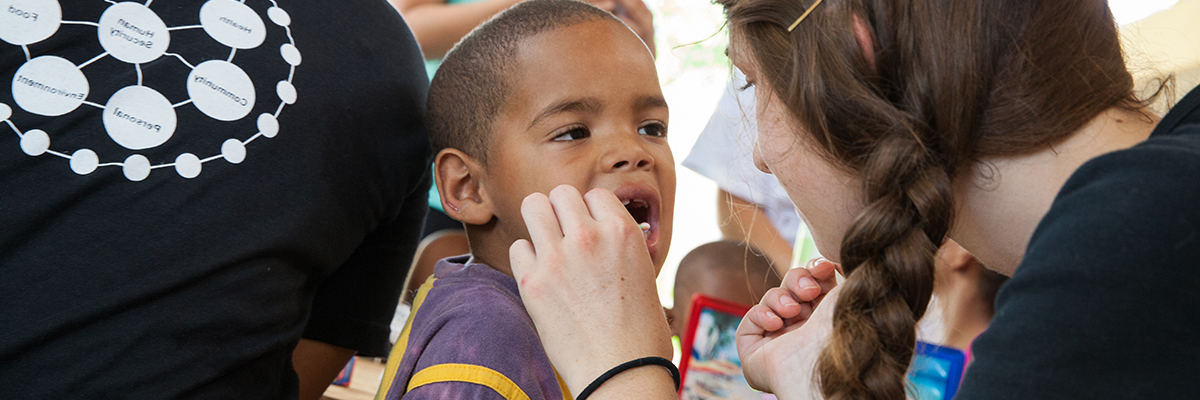Welcome fellow volunteers!
This article will explore how GLA’s three Medicine & Public Health programs connect thematically with the Red Cross.
Many of you might know the Red Cross as an American organization that certifies CPR, First Aid, and Lifeguards. Additionally, the American Red Cross concerns itself with other humanitarian efforts such as emergency response, disaster relief, and educating students. It’s actually a part of a bigger, globally-focused organization called the International Committee of The Red Cross (ICRC). So there are significant volunteer opportunities for those of you interested in medicine, public health, and other meaningful topics at the international level:
Here are the main requirements for most ICRC positions:
- The minimum age is 25
- Most opportunities require a university degree and valid driver’s license
- Strong language skills in English and ideally another language
- Personal traits include being tolerant, open-minded, and responsible
- Prior experience working in a team and coping with difficult, high pressure situations
- Volunteers are able to serve two 12 month missions that are unaccompanied
- For more information: Working For The ICRC
Since there is a strict age and university degree requirement, most of you probably don’t qualify to go overseas as a Red Cross Volunteer just yet. In the meantime, you can go abroad on GLA’s Medicine and Public Health programs. Designed by experts, including curriculum specialists and community partners with a background in global health, these programs can serve as stepping stones for high school students like you to progress. You can think of them like a Red Cross for teens. High school students like you can consider them as a more genuine introduction to global service learning, with deep-dives into relevant subject matter:
- Bali: Global Health Initiative™
- Dominican Republic: Global Health Initiative™
- Ghana: Building Healthy Villages™
Like the Red Cross, the focus is on providing medical care to rural communities in these developing countries. And what makes all three public health trips unique is that they blend immersion in western healthcare practices with the traditional medicine from each region. You have the opportunity to learn from the unique challenges in each community and how they have addressed them so far. You get to participate in ongoing community projects, experience the challenges of global health workers, and gain hands-on clinical experience in a safe environment.
Global volunteer organizations like the Red Cross have rigorous standards and expect a high degree of personal ownership. But most of us do need an introduction from mentors who have volunteered before. GLA’s selected programs are one way you can build that personal experience as a high school student.
What other programs besides the Red Cross could we help you work towards? We’d enjoy hearing your goals!
Contributed by Nick Fochtman

